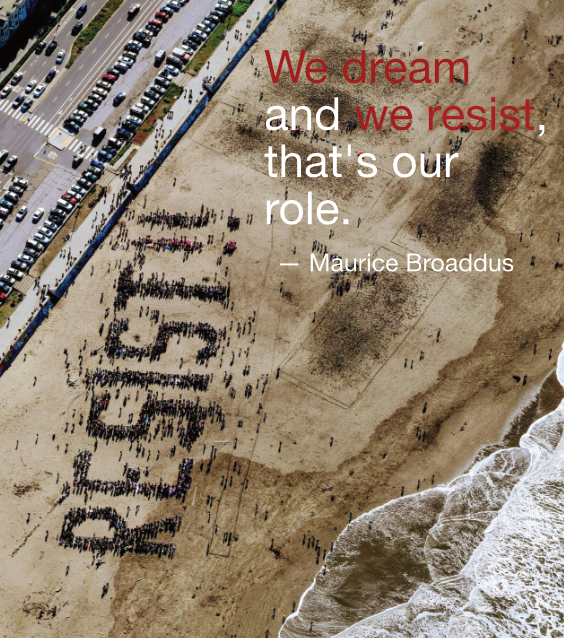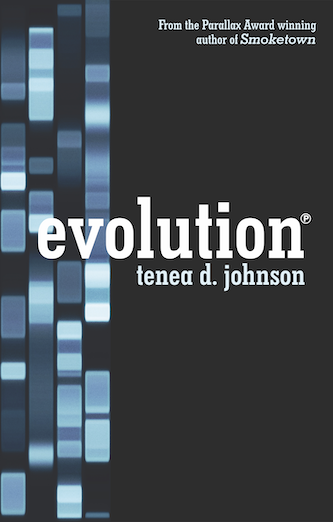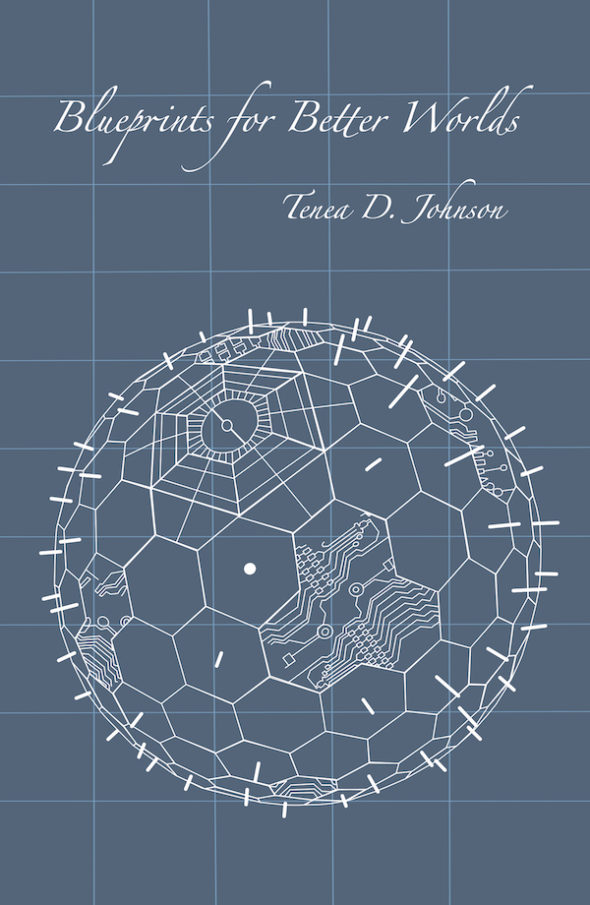3 Minutes with Maurice, Author of Pimp My Airship

Original photo by Tim Gouw on Pexels
While the Innovative Worlds storybundle is going on (until August 27th), I’ll be sharing a little about some of the other authors in the bundle. We begin with Maurice Broaddus. His novel, Pimp My Airship, which started as joke on Twitter but evolved into something much more, is in the bundle.
What innovation do you think the world most needs right now? The US?
MB: A new economic system. One that values people and relationships first. The arts and teachers as the bedrock of our culture and way of doing things. The innovation needed is social: how we see, know, and celebrate people.
Does speculative fiction have a role in innovation? If so, what is it?
MB: Absolutely. We’re the dreamers. We cast the vision of what life, the future, different worlds could look like. People have trouble charting a course when they have no idea where they are going. Writers create a roadmap for what we could work toward.
Right now in the US, there’s the struggle with the pandemic, what some are calling a racial reckoning and a hotly contested, crucial race to decide who will be the next president, what part can fiction and storytelling play in such times? How can it contribute or detract?
MB: We’re also the mirror. One of the things we often talk about is how Afrofuturism is rooted in the past, critiques the present, all while imagining a better tomorrow. Being rooted in the past means being aware of the history, how we got here. All the stories. Critiquing the present by continuing to tell the stories, especially from those corners and peoples who have been marginalized (because nothing better illustrates a power/empire than how it treats the most powerless of its citizens). And imaging a better tomorrow … to paraphrase author Tananarive Due, even the act of imagining ourselves in the future is an act of resistance. We dream and we resist, that’s our role.
What was the most difficult story/part of your novel to write? Why?
MB: Pimp My Airship had two areas that were difficult. The first was that it was a steampunk story with an all-black cast. That hadn’t been done. I wasn’t certain what the rules/conventions were of the genre. Then ultimately I had to trust myself and toss out the playbook (since playbooks rarely serve us anyway). The second was turning the original short story into this novel. I’d never done that before. So it became an exercise in continuing to push my imagination.
What’s on your desk?
MB: A notepad. A pen. A superhero mat. A nameplate that reads “I’m Kind of a Big Deal” (a present from my wife). Books: The Wretched of the Earth (Frantz Fanon). Sapiens (Yuval Noah Harari). Blended (Sharon M. Draper). The Hate U Give (Angie Thomas). The City We Became (N.K. Jemisin).
How do you measure writing success?
MB: Did I finish the story.
Do you have any writing tics?
MB: I write long hand. On colored tablets. (Today’s color is green … do you know how hard it is to find green notepads?)
What’s your approach to worldbuilding?
MB: I have one job: to out-imagine the reader. So every writing project, it’s “Game on!”




